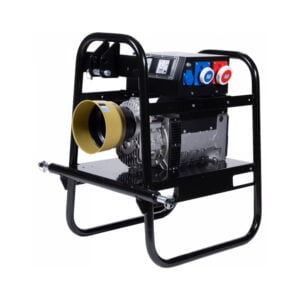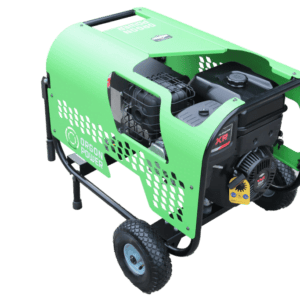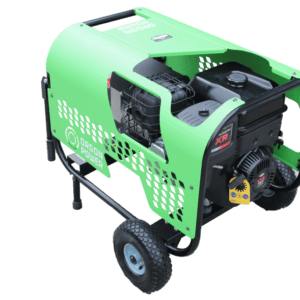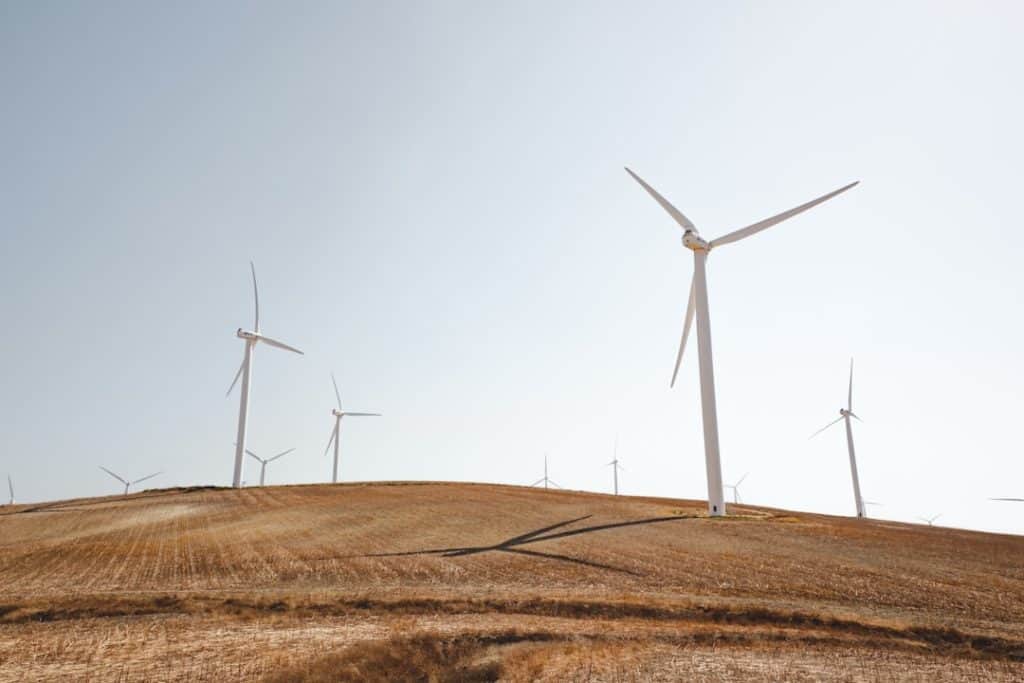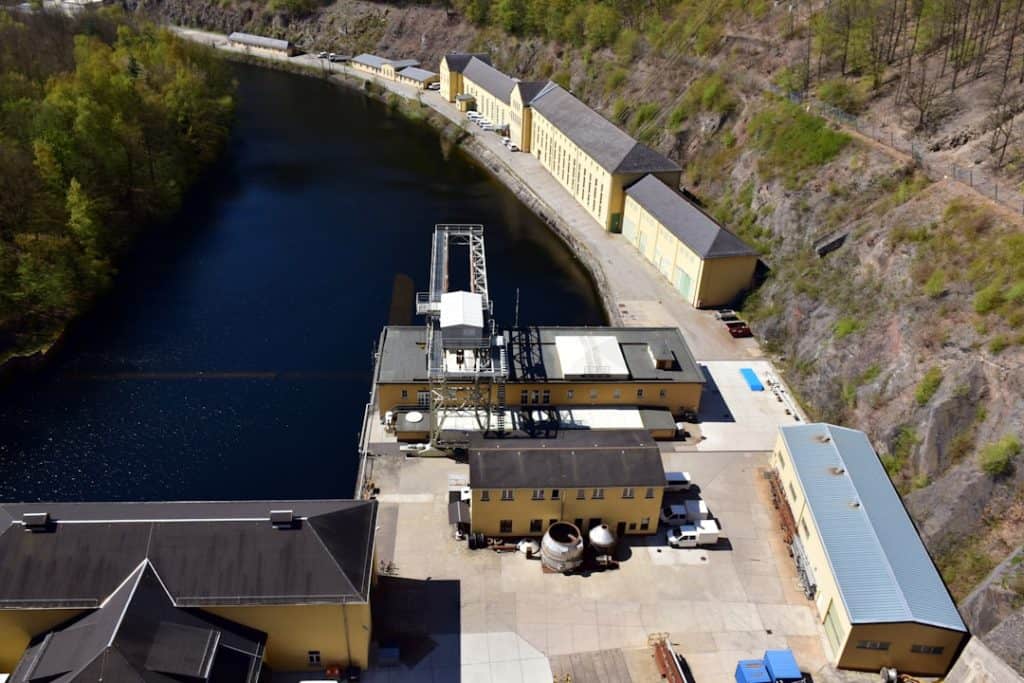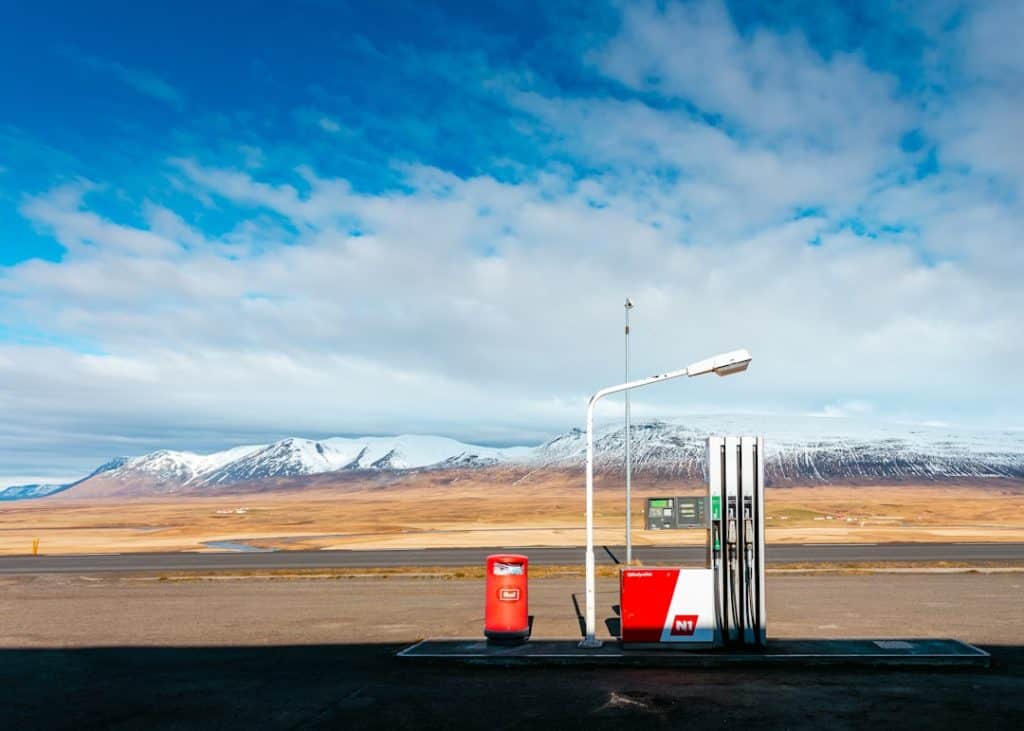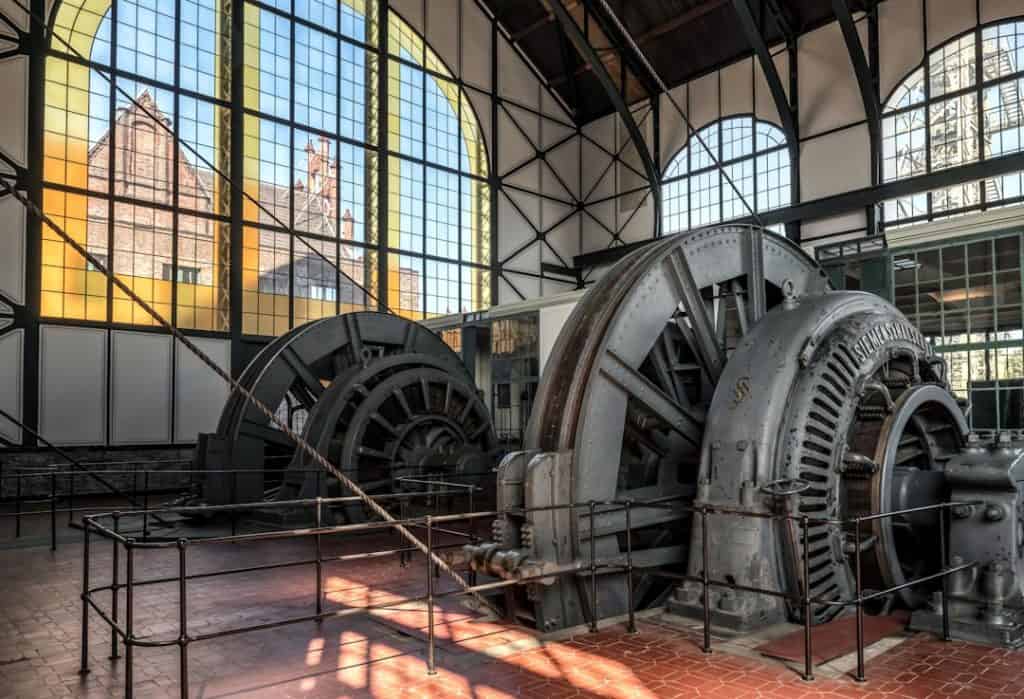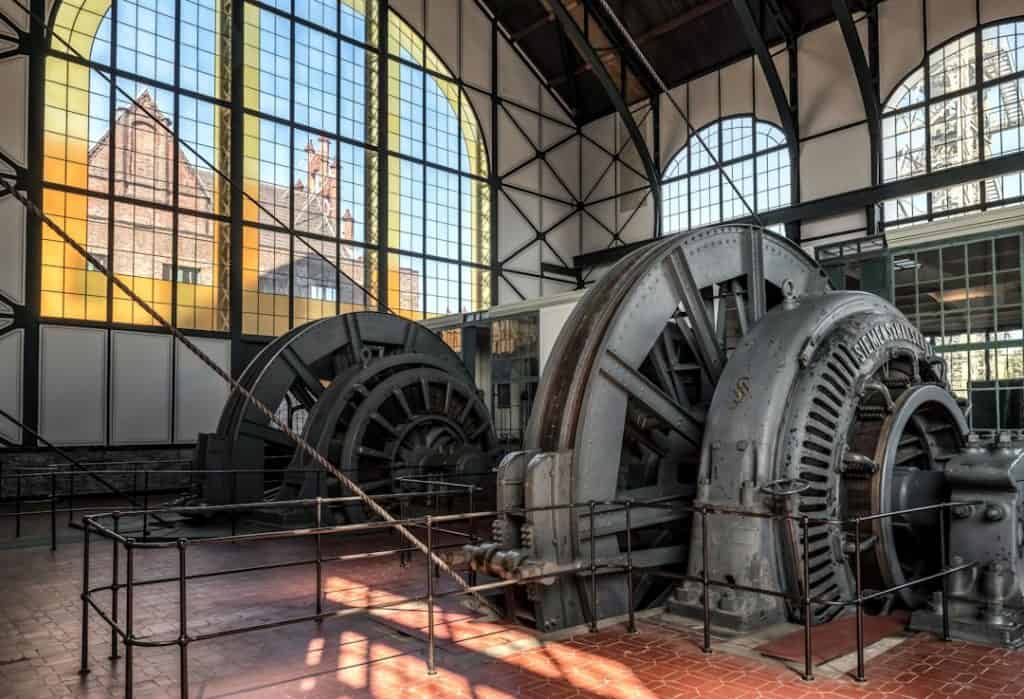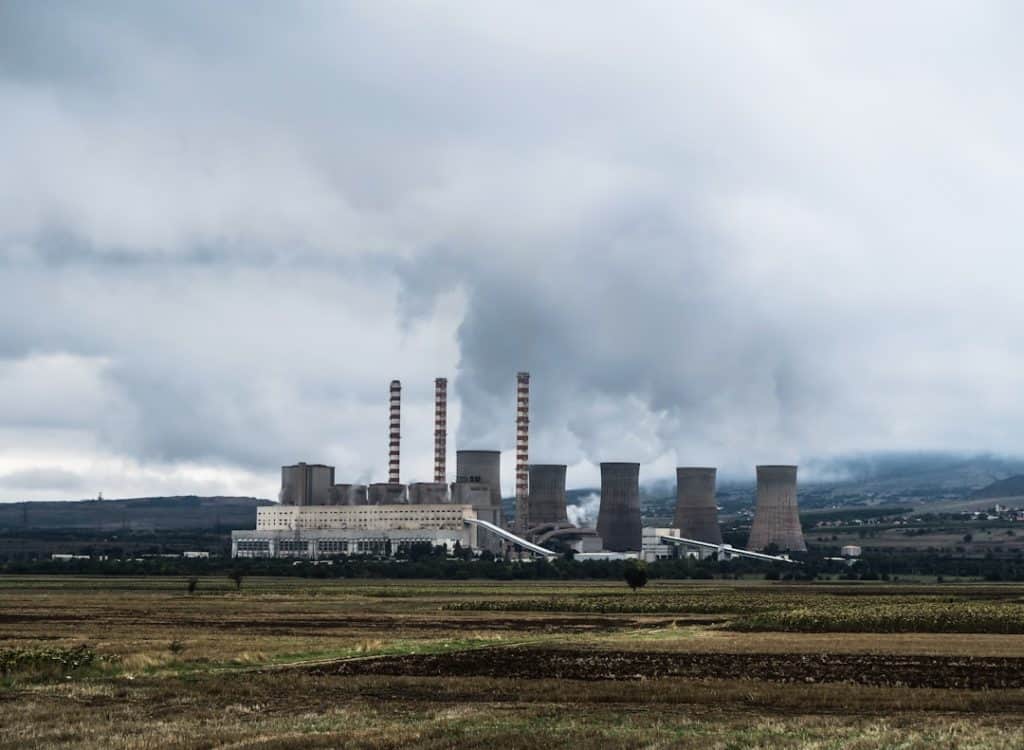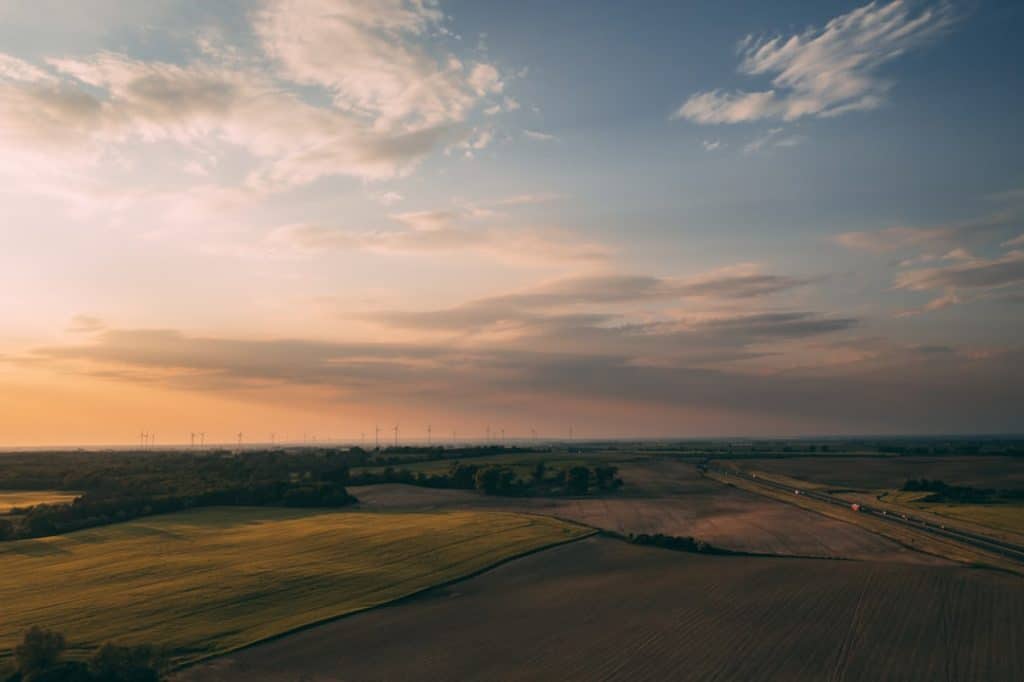A power generator is a device that produces electricity by converting mechanical energy into electricity. These devices are crucial in situations where the regular electricity supply is interrupted or unavailable. Gensets are often used during natural disasters, such as storms or floods, when there may be interruptions in the supply of electricity.
In rural areas, where the electricity grid is less reliable, generator sets can provide a stable energy supply. They provide independence from the main electricity grid and can be vital in an emergency. In the commercial sector, power generators are widely used.
They are used on construction sites, outdoor events and in other situations where standard electricity supply is not available. They provide power for tools, lighting, sound systems and other equipment. Many companies use aggregates as backup energy sources to ensure business continuity in the event of a power outage.
This is especially important for critical infrastructures such as hospitals, data centers and telecommunications systems. Power generators come in various sizes and capacities, from small portable units to large stationary systems. The choice of the appropriate aggregate depends on the specific energy needs and conditions of use.
Key Takeaways
- The power generator is important for ensuring uninterrupted power supply in the event of a power outage
- The power generator works on the principle of converting mechanical energy into electrical energy
- There are different types of generators for electricity, including gasoline, diesel and inverter generators
- Power, fuel, noise and other factors should be taken into account when choosing a power generator
- A power generator is used in emergency situations such as natural disasters or power outages, to ensure the normal functioning of a household or business
How the power generator works
A generator works by converting mechanical energy into electrical energy. The basic principle of operation of power generators is based on the use of an engine that drives a generator that produces electricity. The engine part of the unit can be driven by different energy sources, such as gasoline, diesel or gas engines, and the generator converts the engine's mechanical energy into electrical energy through electromagnetic induction.
This electricity is then distributed via sockets on the unit itself or via cables to consumers who use it. Power generators can be of different powers and capacities, which means that they can produce different amounts of electricity depending on the needs of the user. Also, modern power generators often have additional functions such as automatic ignition, overload protection, silent operation and other features that make them a practical and reliable source of electricity.
Understanding the principles of operation of power generators is important in order to properly use and maintain them, as well as in order to choose the right generator for the specific needs of the user.
Types of aggregates for electricity

There are different types of power generators that differ in energy source, power, capacity and purpose. The most common types of generators are gasoline, diesel and gas generators, each of which has its own specific characteristics and advantages. Gasoline generators are popular for their mobility, easy maintenance and fuel affordability, while diesel generators are known for their efficiency, durability and higher capacity.
Gas aggregates are a more environmentally friendly choice due to lower emissions of harmful gases and lower fuel costs. In addition, generators can differ in power and capacity, so there are smaller portable generators that are suitable for home use or camping, as well as larger stationary generators that are used in industry or commercial purposes. There are also inverter generators that produce pure sinusoidal current suitable for sensitive electronic devices.
Understanding the different types of power generators is key when choosing the right generator for a user's specific needs.
How to choose the right aggregate for your needs
| Generator power (kW) | Fuel consumption (l/h) | Working time on full tank (h) | Price (EUR) |
|---|---|---|---|
| 5 | 1.5 | 10 | 500 |
| 10 | 3 | 8 | 800 |
| 20 | 5 | 6 | 1200 |
Choosing the right power generator depends on several factors such as purpose, power, capacity, fuel source and additional functions. First, it is important to determine the purpose of the unit, whether it will be used for home use, commercial purposes or as a backup source of energy. Next, the required power and capacity of the aggregate should be taken into account in accordance with the consumers that will be powered, such as household appliances, tools or industrial equipment.
The choice of fuel source can also be a key factor when choosing an engine, as different types of engines have different characteristics and advantages. Also, additional functions such as automatic ignition, silent operation, overload protection and other features can be very useful depending on the needs of the user. Finally, it is important to take into account the available budget when choosing a power generator.
Careful consideration of all these factors will help users choose the right aggregate to meet their specific needs.
How to use a power generator in emergency situations
The use of generators for emergency power can be vital to ensure a continuous supply of electricity. In the event of a power outage due to storms, floods or other natural disasters, a generator can provide basic energy for lighting, heating, communication and other vital needs. Also, in emergency medical situations, the power generator can be of crucial importance in order to provide the necessary medical equipment and devices.
In emergency situations, it is important to use the generator correctly to avoid potential hazards such as gas poisoning or fires. Proper installation and ventilation of the unit is crucial to avoid emissions of harmful gases, and regular maintenance and checking of the correctness of the device is also important to ensure safety during use. It is also important to have adequate fuel and spare parts to ensure continued use of the generator set in emergency situations.
Maintenance and safety when using power generators

Power generator maintenance is critical to ensure reliable and safe use of the device. Regular maintenance of the engine, filters, spark plugs and other parts is necessary to ensure the efficiency of the unit. It is also important to regularly check the level of oil, fuel and other liquids in order to prevent possible breakdowns or malfunctions.
In addition, cleaning the external parts of the unit is also important to ensure the longevity of the unit. Safety when using power generators also requires attention and caution to avoid potential hazards. Proper placement of the unit on a flat surface with sufficient ventilation is crucial to avoid harmful gas emissions.
It is also important to avoid operating the unit in closed rooms due to the possibility of gas poisoning. In addition, proper use of extension cords and outlets can also help prevent potential hazards when using power generators.
Alternative applications of generators for electricity
In addition to the basic purpose of providing electricity in emergency situations, power generators have numerous alternative applications that make them a very useful device in different situations. For example, many people use small portable gasoline or inverter generators when camping or traveling to provide basic electricity for lighting, heating or charging mobile devices. Also, many companies use larger stationary diesel or gas generators as a backup power source to ensure uninterrupted operations even in the event of a power outage.
Construction companies also often use generator sets to provide the necessary power on construction sites where standard electricity is not available. All these alternative applications show how practical and reliable power generators are in different situations.
FAQs
What is a power generator?
A generator is a device that produces electricity using a motor that drives a generator. These devices are used as a backup source of electricity in the event of a power outage or where there is no access to the electricity grid.
How does the power generator work?
The power generator works by the engine driving a generator that produces electricity. The engine can be gasoline, diesel or gas-powered, and the generator converts the engine's mechanical energy into electrical energy.
What is the power generator used for?
Power generators are used as a backup source of electricity in the event of a power outage, for powering electrical devices in places where there is no access to the electrical network, as well as in construction, agriculture and industry.
How to choose the right generator for electricity?
When choosing a generator for electricity, you should take into account the required power, type of fuel, operating autonomy, noise, size and portability of the device. It is also important to consider the quality of the manufacturer and the service support.

